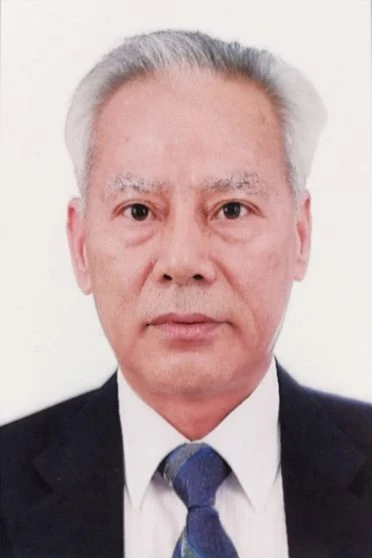Analysts: Macau’s new CE short on economic experience, political chops

The 62-year-old mainland native, formerly president of Court of Final Appeal in Macau, won 394 of 398 votes. In December, he will succeed Ho Iat-Seng, who is stepping down for health reasons.
News reports have emphasised Sam’s harsh early criticism of Macau’s gaming industry. In August, after announcing his candidacy, he used the word “barbaric” to describe the sector.
Gaming has “developed in a disorderly manner… expanded wildly” and must be reined in, he said. Relying on a single industry “is not beneficial for Macau’s long-term development,” he added.
Sam echoed the central government’s position that Macau must diversify its economy beyond gaming. He called the directive “mandatory… not a question of choice.”
Macau’s top industry will not “be shut down”
The candidate later acknowledged the importance of gaming to the city. Casinos shut down for three years during the Covid-19 pandemic, but bounced back when borders reopened in early 2023. Last year, the industry reaped gross revenues of MOP183.1bn (£17.45bn/€20.95bn/$22.85bn).
“Gaming “is Macau’s primary industry”, Sam conceded, and must “develop healthily”.
In a 28 September policy address, he said his government would “protect and supervise the healthy and orderly development of the six concessionaires”. He later assured gaming operators that the sector “will not shrink or be shut down”.
“1+4” equals resilience
In a weekend press conference, the CE-elect said he will follow Ho’s “1+4” policy to develop Macau as a World Centre of Tourism and Leisure while fostering the growth of four new industries. Big health, finance and technology top the list. A final category includes culture, sports and MICE (meetings, incentives, conferences and exhibitions).
The government agrees Macau is uniquely positioned as a convention city. In 2023, the Forbes Travel Guide named Macau the “hotel capital of the world”, displacing London with 22 five-star hotels. But gaming is an inextricable part of that designation, as many of the hotels are located in casino resorts. They include the Galaxy Hotel, Grand Lisboa Palace Macau, the Karl Lagerfeld, the Londoner Court and the Londoner Hotel.
Ieong Meng U, University of Macau assistant professor of government, says Sam is unlikely to disrupt the casino industry, because it’s simply “too important for Macau.”
Is Sam equipped to do the job?
Sam ran unopposed. He is seen by some as hand-picked by Beijing to lead the city in its next phase of development.
Observers have expressed concern about his lack of political experience, but political commentator Sonny Lo Shiu-Hing told the Macao News that a strong cabinet will help. “He will have to rely on the executive council members who may have more experience in economic and financial development,” he said. “Sam will be able to govern Macau successfully with a batch of experienced economic advisors.”
Lau Siu-kai, consultant to the Chinese Association of Hong Kong and Macao Studies, told The Standard in August: “Sam might have relatively few connections. [But he] should not have too much trouble solving problems with Beijing providing tremendous support.”
Macau casinos will have “less wiggle room”
Ben Lee, managing partner with consultancy iGamiX, told iGB that Sam “is first and foremost a judge. His conditioning over the last decades is black and white, which means he will likely interpret everything in the literal sense.”
That means casino concessionaires “are likely to have less wriggle room than they have gotten away with the past two decades in terms of non-gaming investments and efforts,” according to Lee.
Sam’s lack of experience outside the judiciary could also handicap him in his goal to diversify the economy as Beijing demands, Lee observes. “He is not a politician nor an administrator. Turning around the Macau bureaucracy to redirect attention towards diversification will be his major challenge.”
